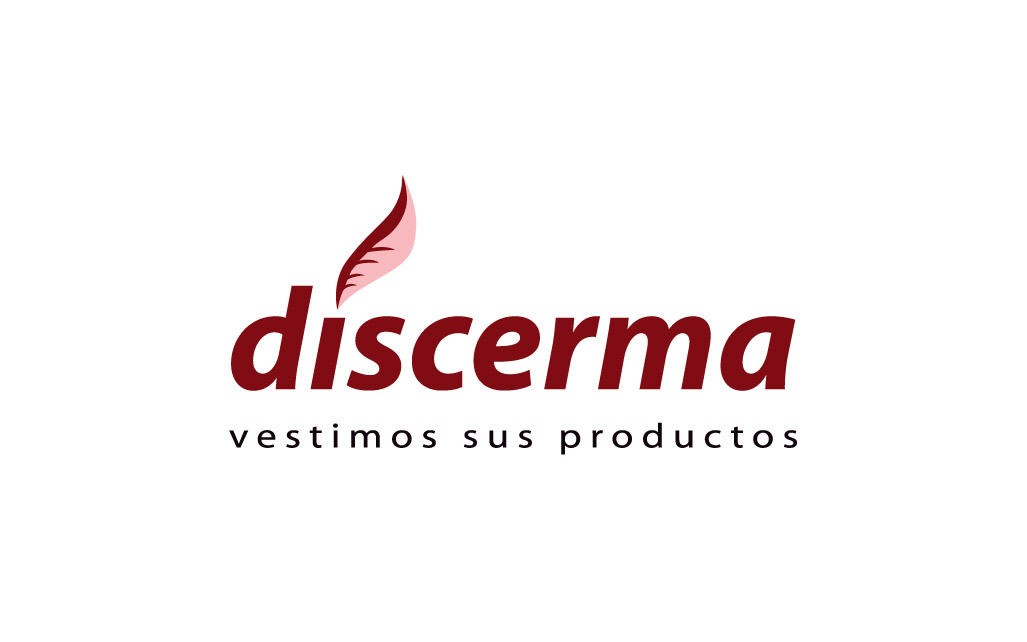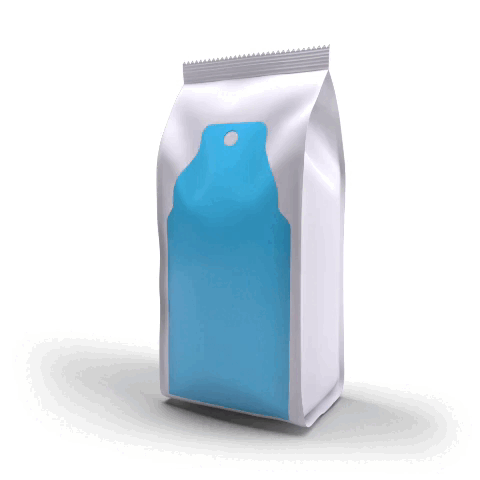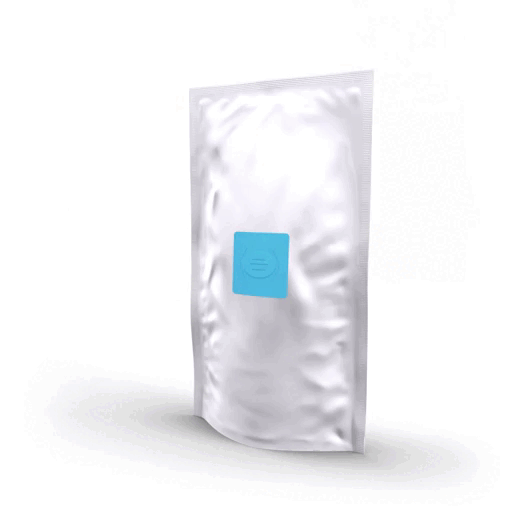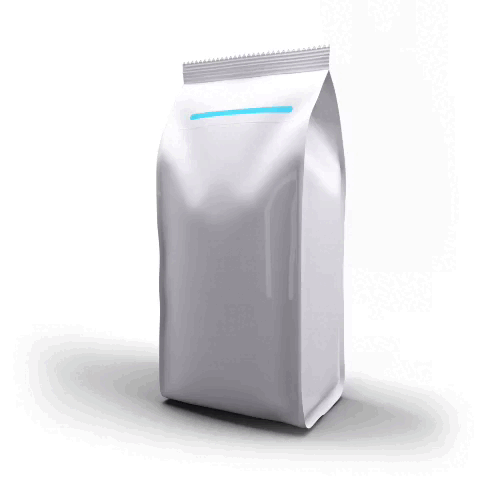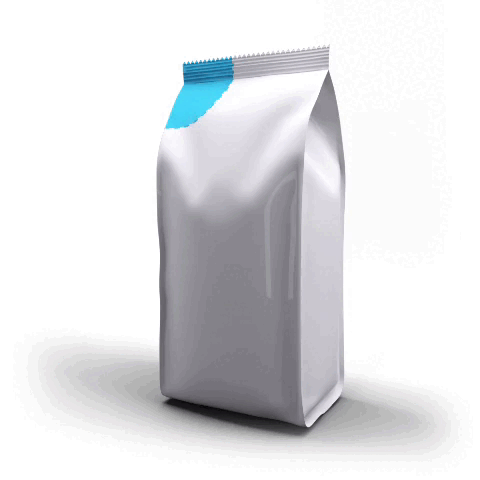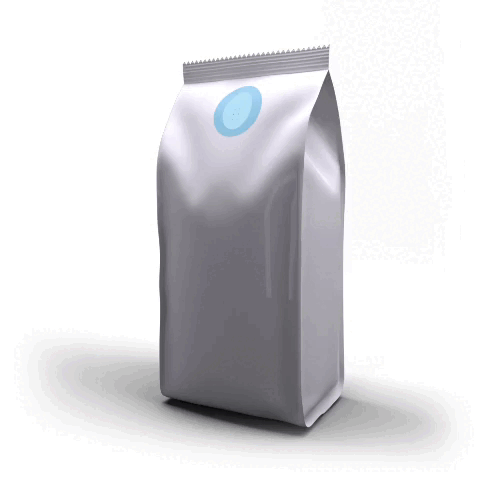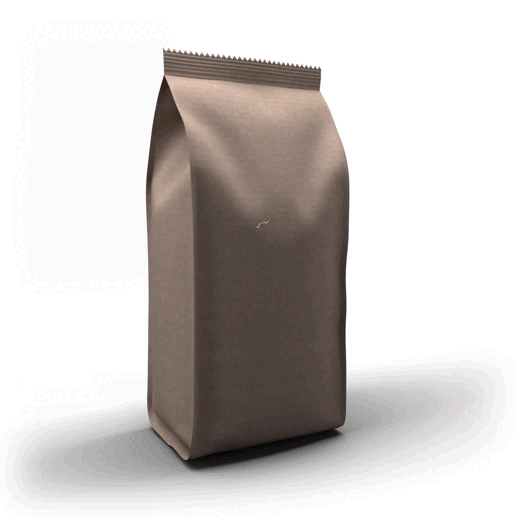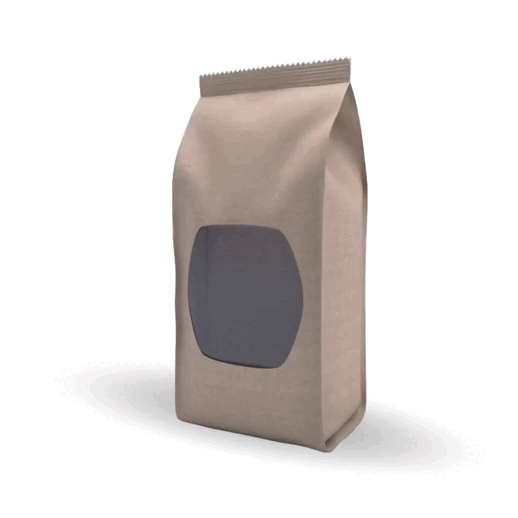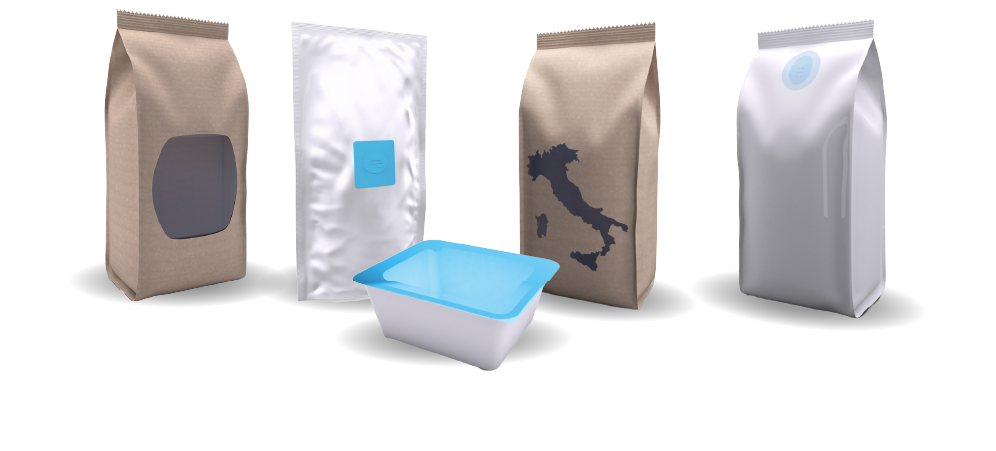In the constant search for solutions to reduce environmental impact, the use of eco-friendly film-based packaging has become a powerful tool to promote sustainability in food and product packaging industries.
These films, made from biodegradable or compostable materials, represent a responsible alternative to single-use packaging.
Below, we will explore the 3 key benefits of their use in environmental conservation, human well-being and product quality.
3 major benefits of using environmentally friendly packaging
Environmental Conservation
The use of environmentally friendly films in food and product packaging has a significant impact on environmental conservation.
Concern about the accumulation of plastic waste in oceans and landfills has made us more aware of the need to adopt sustainable practices in the packaging industry.
Ecological films, being biodegradable or compostable, decompose naturally in a short period of time, reducing environmental pollution and offering a more sustainable alternative.
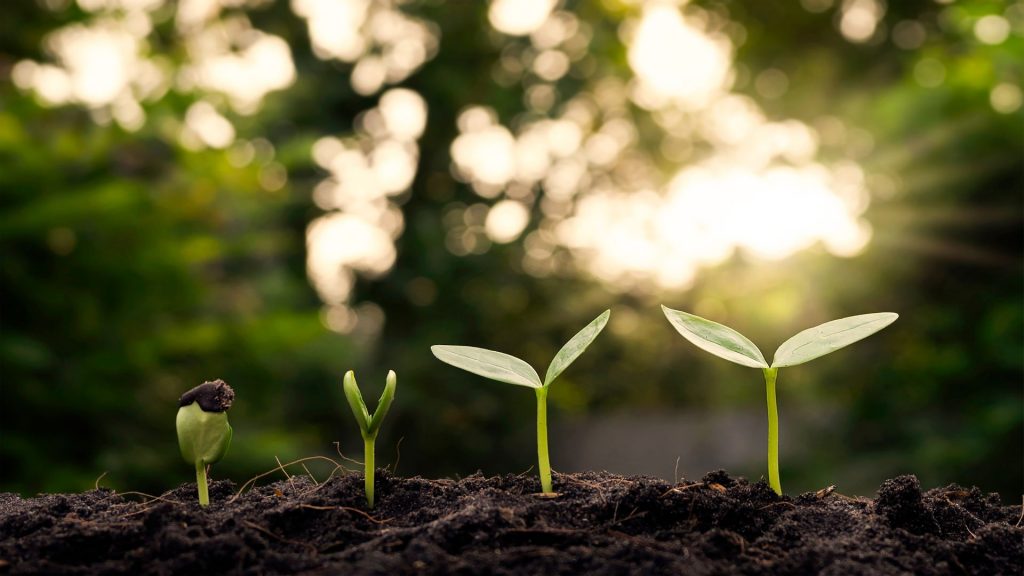
Well-being of People
Eco-friendly packaging also has direct health benefits for people. Plastic packaging can release toxic chemicals, such as phthalates and bisphenol A, which can migrate into food and be ingested by consumers.
In contrast, environmentally friendly films are made from natural materials, which eliminates the risk of exposure to these harmful chemicals.
In addition, by reducing the amount of plastic waste, the likelihood of water and air pollution is reduced, improving the quality of life near landfills.

Product Quality Improvement
Organic films can also improve the quality of the food and products they wrap.
These materials allow for better humidity control and air permeability. This helps to preserve fresh food for a longer period of time.
Some organic films have natural antimicrobial and antioxidant properties that help to extend the shelf life of products and preserve their texture, taste and smell.
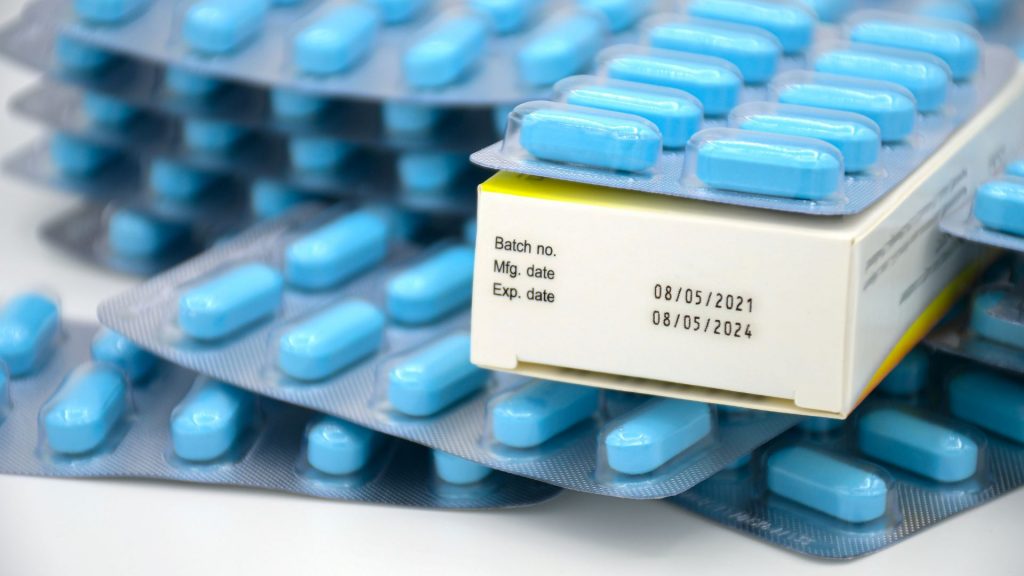
In conclusion, the adoption of packaging made with environmentally friendly films is crucial to move towards a more sustainable and responsible industry.
The benefits it provides, both for the environment and for people, by reducing waste and avoiding exposure to toxic substances, are undeniable.
Furthermore, the improvement in quality and conservation adds additional value that should not be overlooked.
The implementation of these ecological solutions is a commitment to a healthier and more environmentally friendly future.
Sources:
- “Biodegradable and compostable alternatives to conventional plastics.” European Bioplastics. (2019) https://www.european-bioplastics.org/publications/
- “Bisphenol A (BPA) factsheet.” World Health Organization (WHO). (2010) https://www.who.int/foodsafety/areas_work/chemical-risks/bisphenol/en/
- “Biodegradable Films and Coatings for Food Packaging Applications.” CRC Press. (2019) https://www.crcpress.com/Biodegradable-Films-and-Coatings-for-Food-Packaging-Applications/Thakur-Thakur-Kumar/p/book/9781774633029
